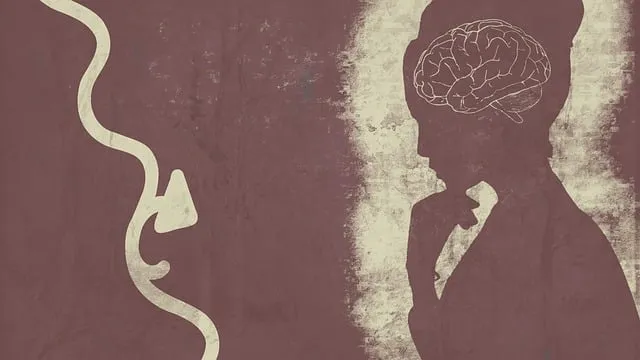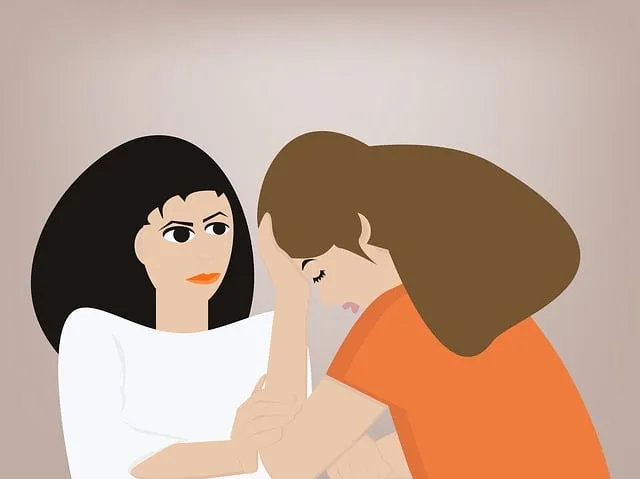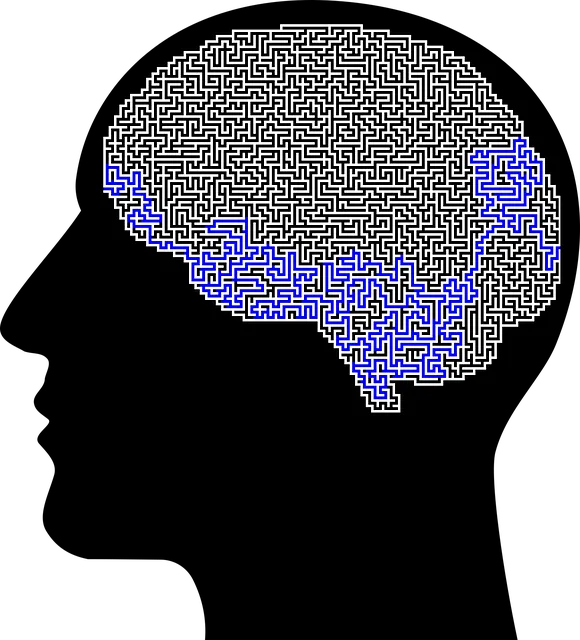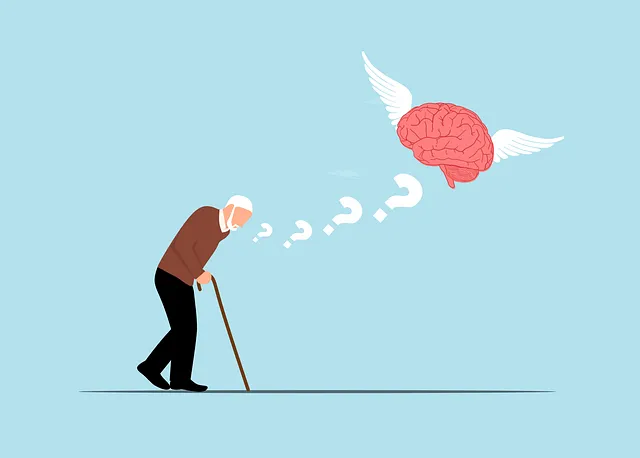Littleton's Kaiser Permanente stands out as an exceptional hub for mental health services due to its comprehensive approach and innovative practices. They tackle the challenge of accurate diagnoses by integrating mindfulness, self-awareness exercises, and advanced assessment techniques. With a focus on patient-centered care, open communication, and community engagement, they ensure personalized treatment plans and improved emotional well-being. AI-powered digital tools further enhance diagnosis accuracy and therapy outcomes, making Littleton's Kaiser a top choice for effective mental health care.
Mental illness diagnosis accuracy has been a point of concern at facilities like Kaiser Littleton, highlighting the need for enhanced approaches. This article explores strategies aimed at improving diagnostic precision, focusing on challenges faced and innovative solutions. We delve into the impact of advanced tools and training for mental health professionals, the role of technology, patient-centered communication, and community engagement efforts in ensuring better mental healthcare outcomes. Discover how Kaiser Littleton’s commitment to these areas sets a positive example for effective diagnosis and treatment.
- Understanding Mental Illness Diagnosis: Challenges and Gaps at Kaiser Littleton
- Enhancing Diagnostic Tools and Training for Mental Health Professionals
- Incorporating Innovative Technologies for Improved Accuracy
- Patient-Centered Approaches to Improve Communication and Trust
- Community Engagement and Collaboration for Better Mental Health Care
Understanding Mental Illness Diagnosis: Challenges and Gaps at Kaiser Littleton

At Kaiser Littleton, understanding mental illness diagnosis presents a unique set of challenges and gaps that impact patient care. The vast spectrum of mental health conditions often leads to misdiagnosis or delayed identification, particularly when symptoms are subtle or co-occurring with other medical issues. This is where specialized services come into play; Kaiser Littleton’s commitment to mental health includes various initiatives aimed at improving diagnosis accuracy.
One such approach involves integrating Emotional Well-being Promotion Techniques, including Mindfulness Meditation and Self-Awareness Exercises, into routine patient care. These practices not only enhance overall emotional well-being but also provide valuable insights for healthcare professionals. By fostering a deeper understanding of patients’ mental states, these techniques contribute to more precise diagnoses and tailored treatment plans.
Enhancing Diagnostic Tools and Training for Mental Health Professionals

Mental health professionals play a pivotal role in accurately diagnosing and treating mental illnesses. To enhance diagnostic accuracy, there’s a growing focus on improving tools and training. This includes adopting advanced assessment techniques, such as evidence-based questionnaires and cognitive testing, which can help identify subtle symptoms often overlooked. The integration of technology, like digital mental health apps and teletherapy platforms, also shows promise in expanding access to evaluation services, especially in underserved communities.
Littleton, with its renowned Kaiser Permanente network, exemplifies a good model for comprehensive mental health care. They prioritize continuous professional development through workshops and conferences focusing on the latest research and best practices. This commitment ensures that healthcare providers are equipped with the necessary skills to recognize complex presentations and tailor interventions effectively. Incorporating stress reduction methods, fostering inner strength development, and advocating for Mental Health Policy Analysis can further strengthen these efforts, ultimately benefiting individuals seeking mental health services.
Incorporating Innovative Technologies for Improved Accuracy

Incorporating innovative technologies has emerged as a powerful tool to enhance mental illness diagnosis accuracy at institutions like Kaiser in Littleton, known for its commitment to mental health care. Digital platforms and applications are now designed to support mental health professionals in their assessments, offering advanced data analysis capabilities and personalized patient monitoring. These tools can help identify subtle patterns and trends within patient interactions and self-reported symptoms, leading to more precise diagnoses.
For instance, Kaiser’s Mental Health Education Programs Design leverages artificial intelligence (AI) to analyze patient history, lifestyle factors, and communication patterns, providing clinicians with valuable insights. This not only aids in identifying mental health conditions but also facilitates tailored Emotional Healing Processes. Additionally, empathy-building strategies, an integral part of effective therapy, can be enhanced through virtual reality simulations, allowing professionals to develop a deeper understanding of patients’ experiences.
Patient-Centered Approaches to Improve Communication and Trust

In recent years, mental health treatment has witnessed a significant shift towards patient-centered approaches, recognizing that effective communication and trust are cornerstone to improving diagnosis accuracy. This involves actively involving patients in their care journey, encouraging open dialogue, and fostering an environment where individuals feel heard, understood, and empowered. At Kaiser, located in Littleton, these principles are deeply embedded in their mental health services. By adopting a patient-centric model, healthcare providers at Kaiser not only enhance the accuracy of diagnoses but also significantly contribute to the overall emotional well-being promotion techniques used to guide individuals towards better mental wellness journaling exercises. This holistic approach ensures that patients feel supported and engaged in their treatment plans, ultimately leading to improved emotional regulation.
The Mental Wellness Journaling Exercise Guidance offered at Kaiser plays a pivotal role in this patient-centered strategy. Encouraging patients to document their thoughts, feelings, and experiences facilitates self-awareness and reflection, which are essential for both identifying triggers and tracking progress. Combined with the Emotional Well-being Promotion Techniques employed by mental health professionals, this dual focus on documentation and therapy enhances communication, making it easier to pinpoint specific challenges and tailor interventions accordingly. Through these patient-focused initiatives, Kaiser aims to not only improve diagnosis accuracy but also equip individuals with powerful tools for emotional regulation, ultimately enriching their overall mental wellness journey.
Community Engagement and Collaboration for Better Mental Health Care

In efforts to enhance mental illness diagnosis accuracy, community engagement and collaboration are pivotal. Organizations like Littleton’s Kaiser, renowned for its excellent mental health services, understand this crucial aspect. By fostering partnerships with local communities, schools, and other healthcare providers, Kaiser aims to create a holistic support system that addresses the unique needs of each individual. This approach ensures that not only are diagnoses more accurate due to comprehensive assessments but also that care is tailored to the specific cultural and social contexts in which individuals live.
The integration of Social Skills Training, Trauma Support Services, and Emotional Well-being Promotion Techniques is a key part of this strategy. These initiatives empower communities with the knowledge and resources needed to identify and support those struggling with mental health issues early on. By promoting emotional well-being and providing trauma support, these programs contribute to more accurate diagnoses as they help professionals understand the complex interplay between social factors, past traumas, and mental health conditions.
Kaiser Littleton’s commitment to understanding and improving mental illness diagnosis accuracy is commendable. By enhancing diagnostic tools, training professionals, incorporating innovative technologies, fostering patient-centered communication, and engaging the community, they strive to provide better mental health care. These efforts not only benefit individuals seeking support at Kaiser Littleton but also contribute to a more robust and effective mental health system overall.






